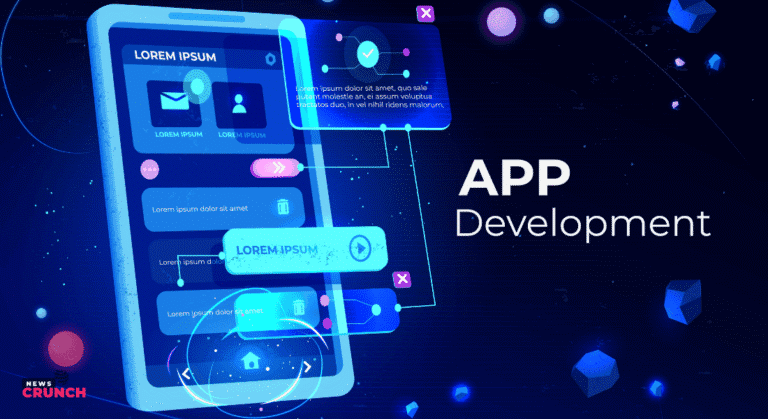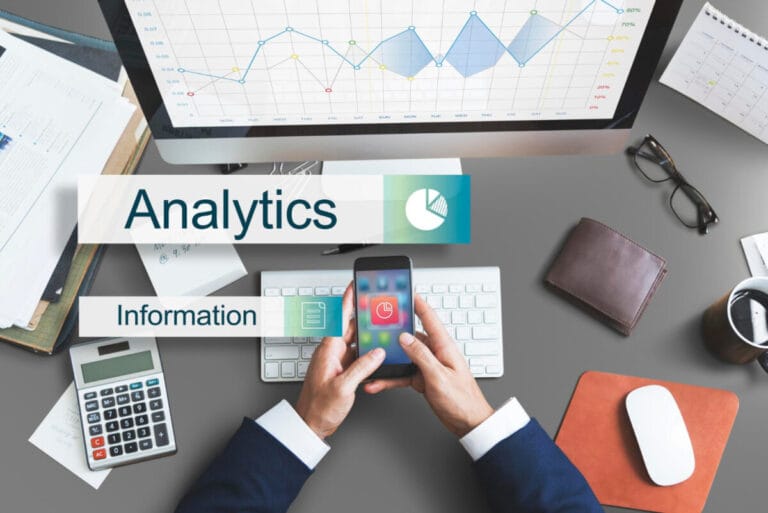
Introduction
Running a small business in today’s fast-changing world is not easy. Owners need to manage sales, track customers, handle communication, and build long-term relationships—all while keeping costs low. This is where CRM (Customer Relationship Management) software becomes a game-changer. A good CRM helps small businesses organise contacts, track deals, improve customer support, and boost sales without wasting time on manual work.
In 2026, CRM tools have become smarter, easier to use, and more affordable. With features like AI-based insights, automation, mobile apps, and cloud storage, even small businesses can enjoy the same advantages that big companies have. Choosing the right CRM is not just about saving time, it’s about growing faster and staying ahead of competitors. Let’s explore the best CRM options for small businesses in 2026 and see which one fits your needs.
Why Small Businesses Need a CRM in 2026
Small businesses often rely on spreadsheets, notebooks, or scattered tools to manage customers. But this creates confusion, lost leads, and missed opportunities. In 2026, competition is stronger, and customers expect quick responses and personalised service. Without a CRM, it’s almost impossible to keep track of everything.
A CRM centralises all your customer data in one place. It helps you know who your customers are, what they want, and how they interact with your business. With features like automated reminders, email tracking, and sales pipelines, even a small team can work like a professional sales department. This saves time, improves communication, and increases conversions. For small businesses, a CRM in 2026 is no longer a luxury—it’s a necessity to survive and grow.

Key Features to Look for in a CRM for Small Business
Not all CRMs are the same. Before choosing one, small businesses should focus on features that make daily work easier. A good CRM should have simple contact management, where all customer details are stored in one place. It should also include task tracking, so no follow-up call or meeting is forgotten.
Automation is another must-have in 2026. Small businesses can use automated email campaigns, lead scoring, and reminders to save hours of manual work. Mobile access is equally crucial since owners and teams often work outside the office. Finally, the CRM should integrate with tools like Gmail, Outlook, or accounting software to avoid switching between apps. By focusing on these features, businesses can pick a CRM that truly supports growth instead of adding extra work.
Best CRM Options for Small Businesses in 2026
1. HubSpot CRM
HubSpot remains one of the top choices for small businesses in 2026. It offers a free version with powerful tools like contact management, email tracking, and task automation. The interface is clean and beginner-friendly, which makes it easy for teams with little technical knowledge.
For small businesses, HubSpot stands out because it scales with growth. You can start free and then upgrade as your company expands. Marketing automation, sales pipelines, and customer service dashboards are built into one platform, making it a complete solution. Another big plus is that HubSpot integrates with hundreds of apps, meaning you don’t have to leave the system to manage your business.
2. Zoho CRM
Zoho CRM is another affordable and flexible option. It’s known for offering enterprise-level features at small-business-friendly prices. With Zoho, you can manage sales pipelines, send automated follow-ups, and even get AI-based predictions about which leads are most likely to convert.
In 2026, Zoho continues to stand out with its customisation options. Small businesses can adjust workflows, dashboards, and reporting tools to match their unique needs. It also offers a mobile app that keeps your team connected on the go. For business owners who want powerful tools without spending too much, Zoho CRM is one of the best options.
3. Salesforce Essentials
Salesforce is one of the biggest names in CRM, but it also offers a simplified version called Salesforce Essentials for small businesses. It provides the same trusted features—like contact management, email tracking, and sales automation—but in a more affordable and user-friendly package.
What makes Salesforce Essentials attractive in 2026 is its AI assistant, Einstein, which helps predict sales trends and customer behaviour. This allows small businesses to make smarter decisions without hiring data experts. Since Salesforce is widely used, integration options are almost endless, giving small businesses the flexibility to grow at their own pace.

4. Pipedrive CRM
Pipedrive is designed for businesses that want a simple yet effective sales tool. It focuses mainly on sales pipelines, giving a clear visual of where each deal stands. Teams can drag and drop deals between stages, making it easy to track progress.
In 2026, Pipedrive will add more automation and AI features, helping small businesses save time on repetitive tasks. Email integration, activity reminders, and reporting tools are built in, so nothing slips through the cracks. Because of its simplicity and focus on sales, Pipedrive is perfect for small businesses that want results without unnecessary complexity.
5. Freshsales CRM
Freshsales, part of the Freshworks suite, is another rising star. It combines contact management, email automation, and AI-based lead scoring in one place. What sets Freshsales apart is its strong focus on customer relationships—it provides a complete view of every interaction, from emails to phone calls.
For small businesses in 2026, Freshsales offers excellent value. It’s affordable, easy to set up, and doesn’t require technical skills. The AI assistant helps prioritise leads so businesses can focus on the ones most likely to convert. Freshsales also integrates with other Freshworks tools, making it ideal for companies that want an all-in-one business solution.
How to Choose the Right CRM for Your Small Business
With so many options available, choosing the right CRM can feel overwhelming. The first step is to understand your business needs. If you want simple contact management, a lightweight tool like Pipedrive may be enough. If you need marketing, sales, and customer service combined, HubSpot or Zoho might be better.
Budget also plays a significant role. Many CRMs offer free versions, which is great for startups. But as your business grows, you may need advanced features like automation, integrations, or analytics. Always test a CRM’s free trial before committing. A good CRM should be easy to use, fit your workflow, and provide long-term value.
The Future of CRM for Small Businesses
Looking ahead, CRM systems in 2026 and beyond will become even more intelligent. AI will not only summarise customer data but also predict buying behaviour and suggest the best next steps. Automation will handle more tasks, freeing business owners to focus on strategy instead of routine work.
Integration with social media, e-commerce, and mobile apps will become even stronger. For small businesses, this means smoother workflows and better customer experiences. As technology improves, CRMs will continue to become more affordable and accessible, ensuring that even the smallest companies can compete on a global scale.
Read Also: Best Business Start-Up Grants and Schemes in the UK
FAQs
1. What is a CRM in simple words?
A CRM is a tool that helps businesses manage customer contacts, track sales, and improve relationships in one place.
2. Is a CRM expensive for small businesses?
Not always. Many CRMs, such as HubSpot and Zoho, offer free or affordable plans perfect for small teams.
3. Which CRM is best for startups in 2026?
HubSpot and Zoho CRM are great for startups because they’re easy to use and scale as the business grows.
4. Can I use a CRM without technical skills?
Yes, most CRMs in 2026 are designed for beginners and don’t require technical knowledge.
5. Does a CRM really help small businesses grow?
Absolutely. A CRM saves time, improves customer service, and helps convert more leads into sales.







